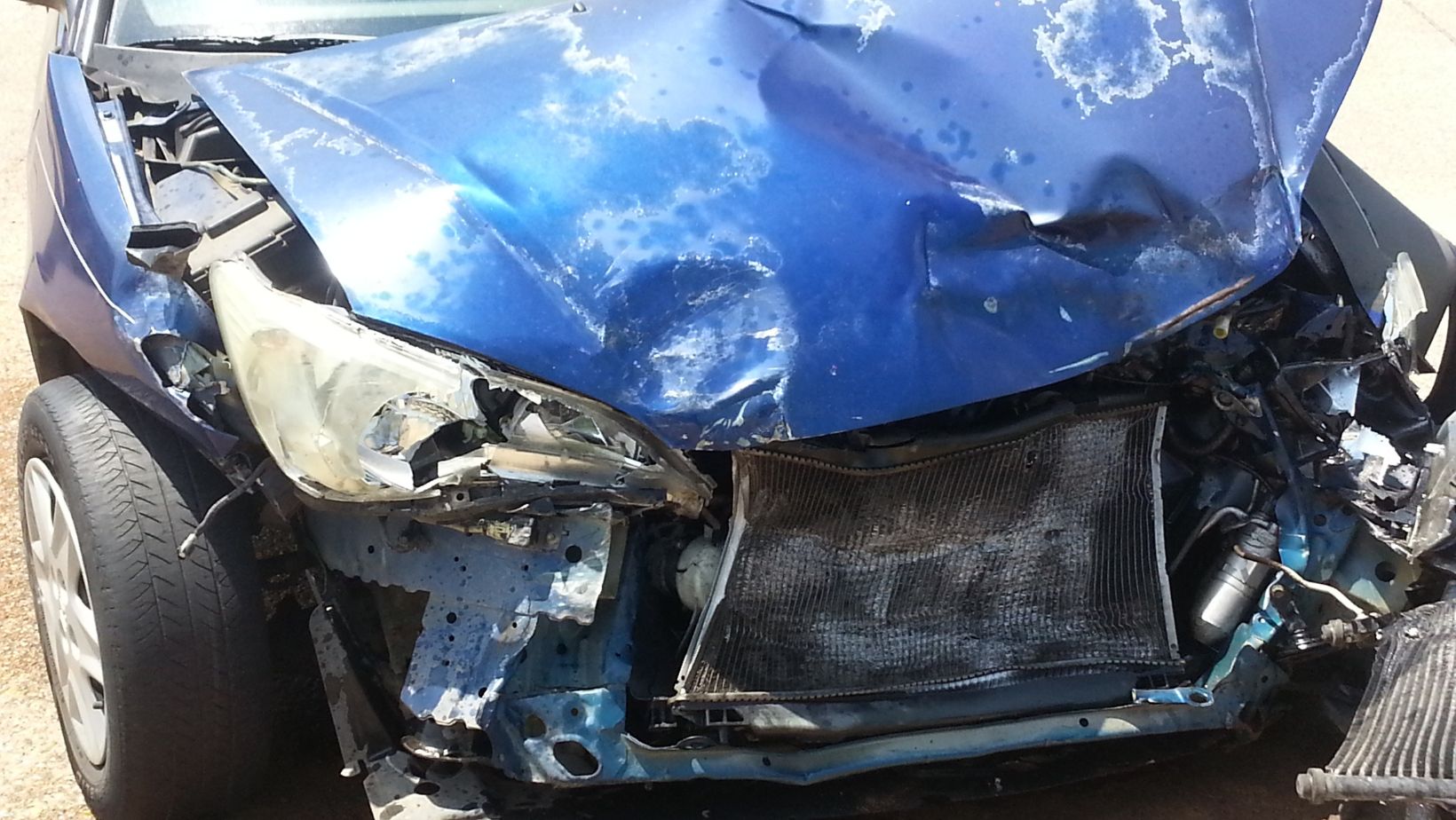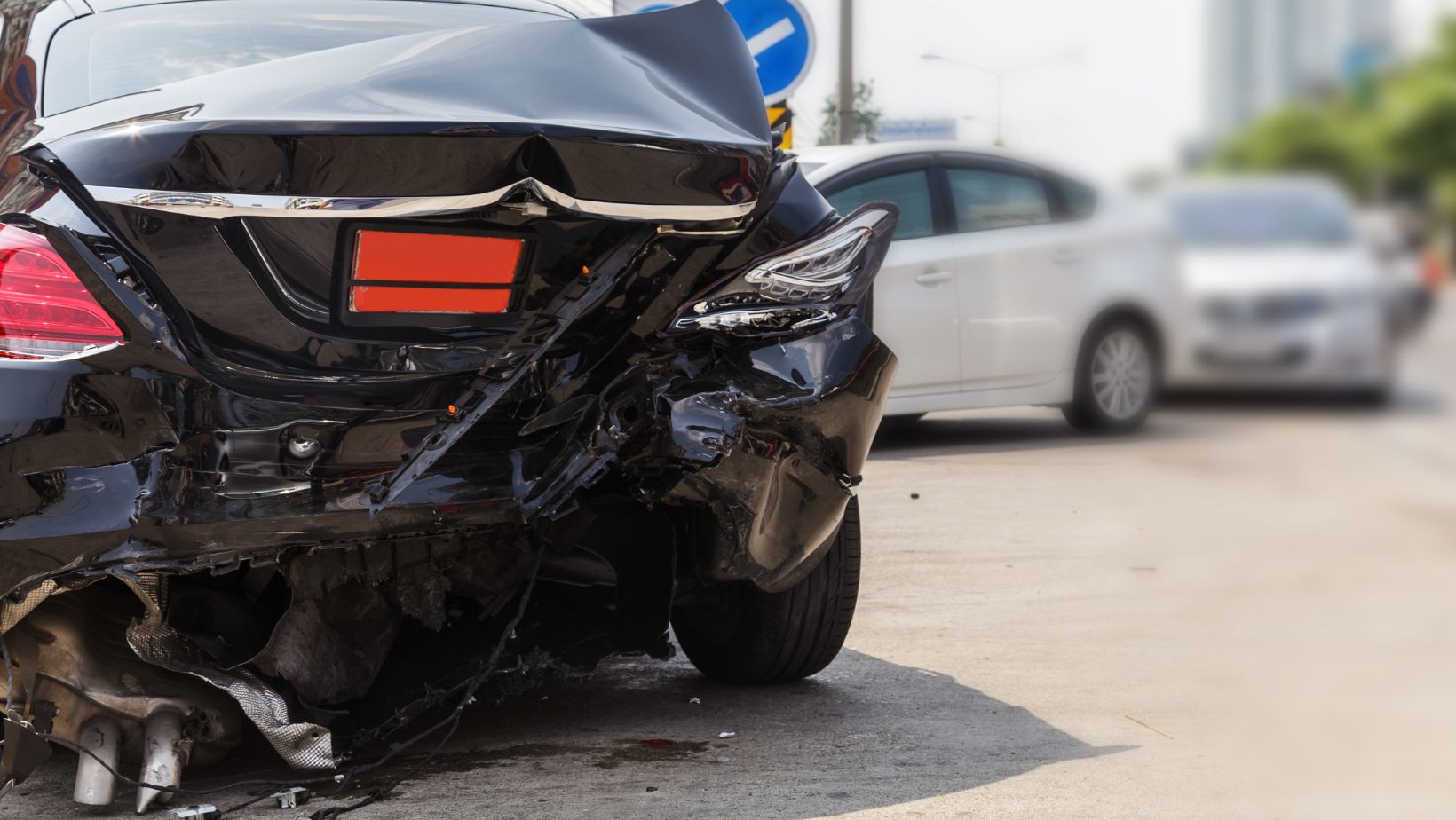Driving can be an enjoyable experience, but sometimes the unexpected happens. Imagine you’re out for a drive, and suddenly, your car veers off the road. There’s no other vehicle involved, yet you’re left dealing with damages, injuries, and a myriad of questions.
What happens next? Drivers need to understand the legalities of single-vehicle accidents. This is crucial for those who want to be prepared for them.
Read on to learn more about navigating the complexities of single-vehicle accident legalities.
Being Prepared for the Unexpected
No one wants to think about getting into a car accident, but it’s important to be prepared for the unexpected. This includes understanding your insurance coverage. You also need to know who to ask for legal help if needed.
Also, safe driving and regular maintenance can prevent single-vehicle accidents. Always stay alert on the road and follow all traffic laws to ensure the safety of yourself and others.
Understanding Fault
Determining fault in a single-vehicle accident can be complicated, as there are no other drivers involved. In some cases, it may be clear that the driver was at fault due to reckless or negligent behavior. In other cases, external factors such as road conditions or vehicle malfunctions may come into play.
Gather as much evidence as possible at the accident scene. This includes photos, witness statements, and other relevant information. These things can help determine fault. This will be crucial in any legal proceedings or insurance claims.
Dealing with Insurance Claims
If you have comprehensive or collision coverage, your insurer will likely pay for the damage to your vehicle. However, it’s important to note that there may still be deductibles and limits involved in your coverage.
It’s best to review your policy with an insurance company representative. This will help you fully understand what is covered in a single-vehicle accident. The insurance claims process can also vary depending on the severity of the accident and the specific policies of your insurance provider.
Seeking Legal Help
You may also want to consider seeking legal help after a single-vehicle accident. This is vital if there are injuries. It’s also crucial if you think the crash was caused by something other than driver error.
A skilled injury lawyer can review your case and spot potential legal options. If you need a reputable lawyer, visit stevedimopoulos.com. They have a team of skilled attorneys. The attorneys specialize in personal injury cases.
Vehicle Repairs and Maintenance
After a single-vehicle accident, addressing vehicle repairs promptly is crucial. Ensure that a certified mechanic inspects the damage thoroughly to uncover any hidden issues that could pose safety risks.
Regular maintenance checks can also prevent potential malfunctions that might lead to accidents. This includes checking tire pressure, brake pads, and other essential components of your vehicle. Proactively taking care of your car can prevent future accidents and keep you safe on the road.
Emotional and Psychological Impact
Dealing with the emotions after a single-vehicle accident is as hard as managing the physical and financial effects. Drivers in such accidents often feel guilt, anxiety, or even PTSD. These emotional responses can be overwhelming and may require professional support.
Counseling or therapy can be invaluable in helping individuals cope with the emotional aftermath of an accident.
Single-vehicle accidents can be complex and daunting, but understanding the legalities involved can help you navigate through the aftermath with more confidence. Prioritize your physical and emotional well-being during this challenging time. Keep these tips in mind and stay safe on the road!
Visit our website and read more.

























